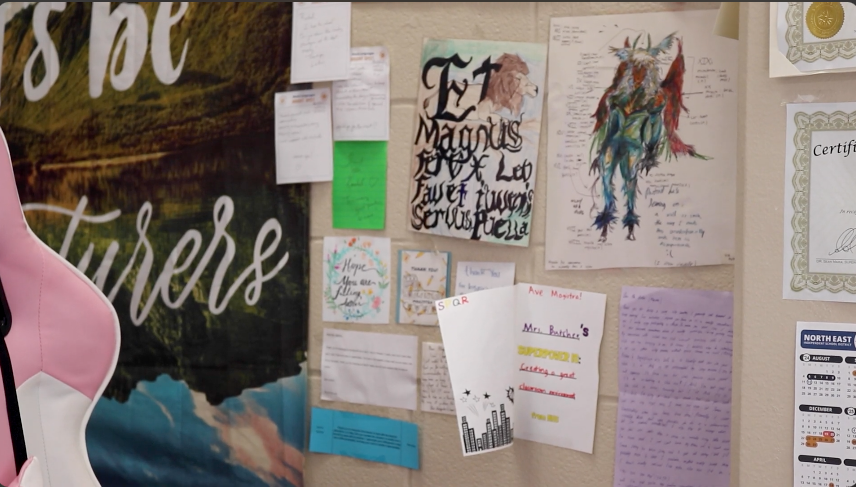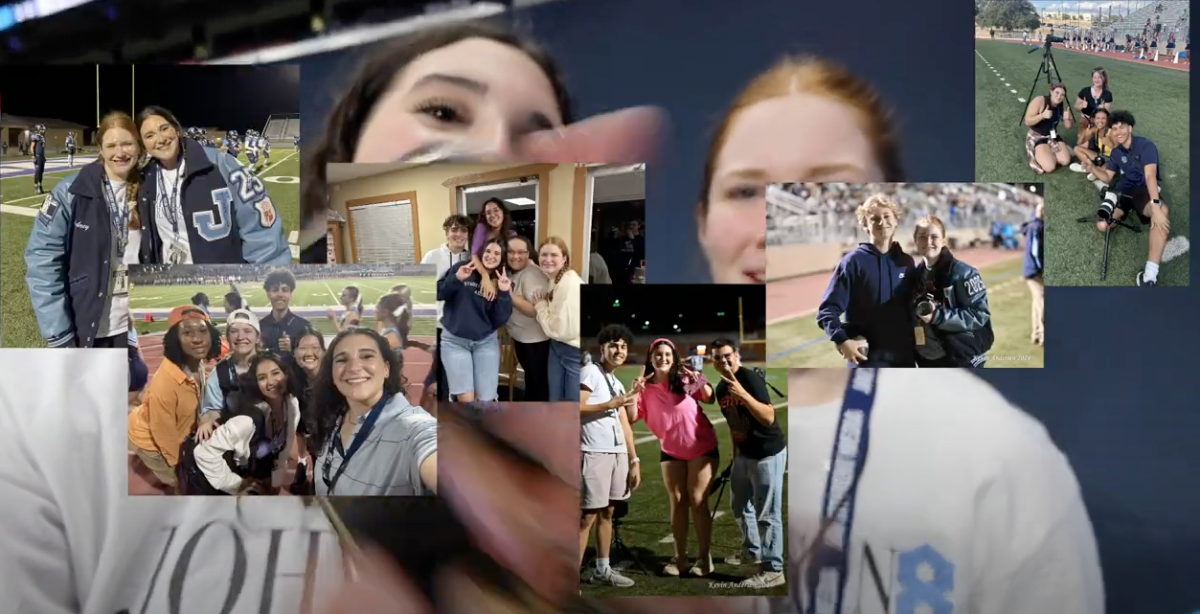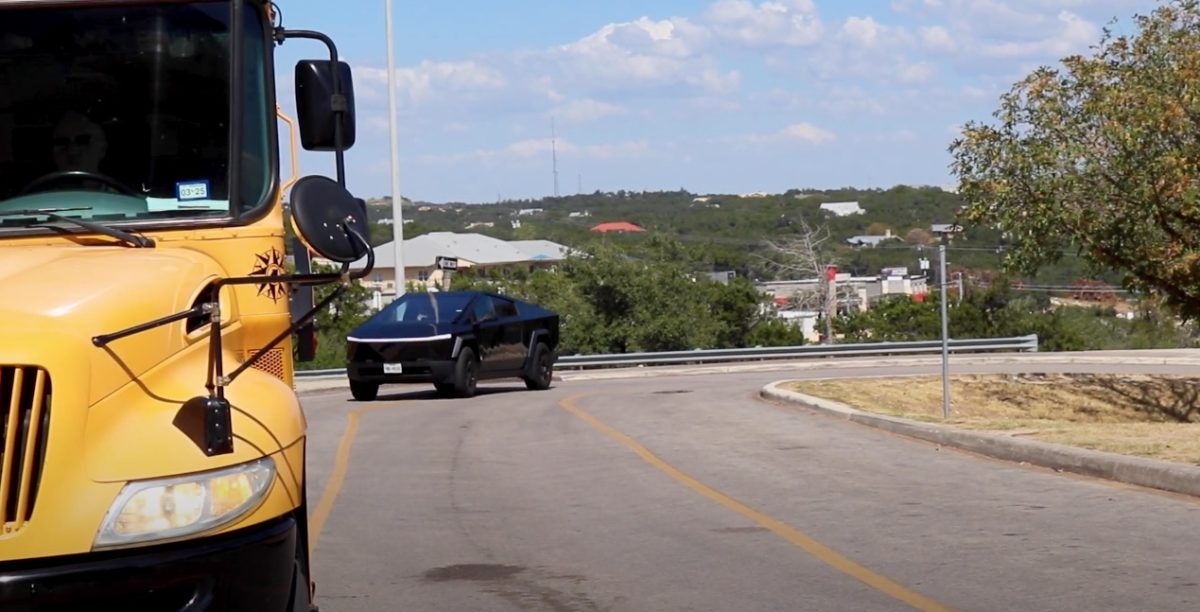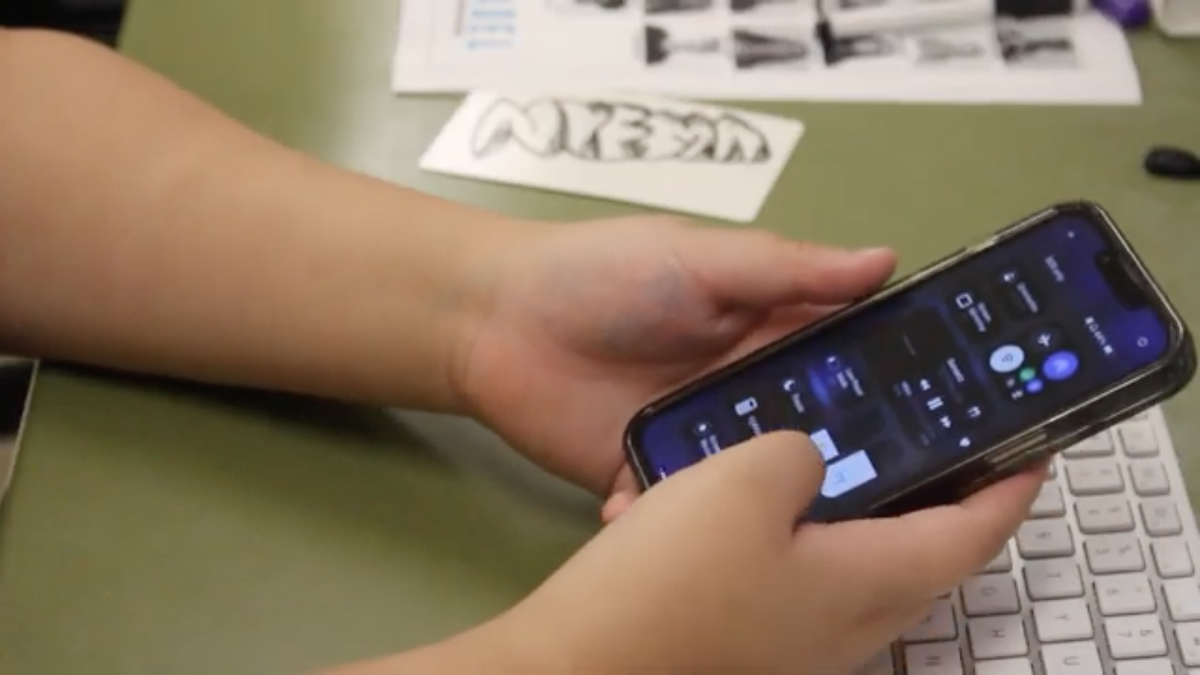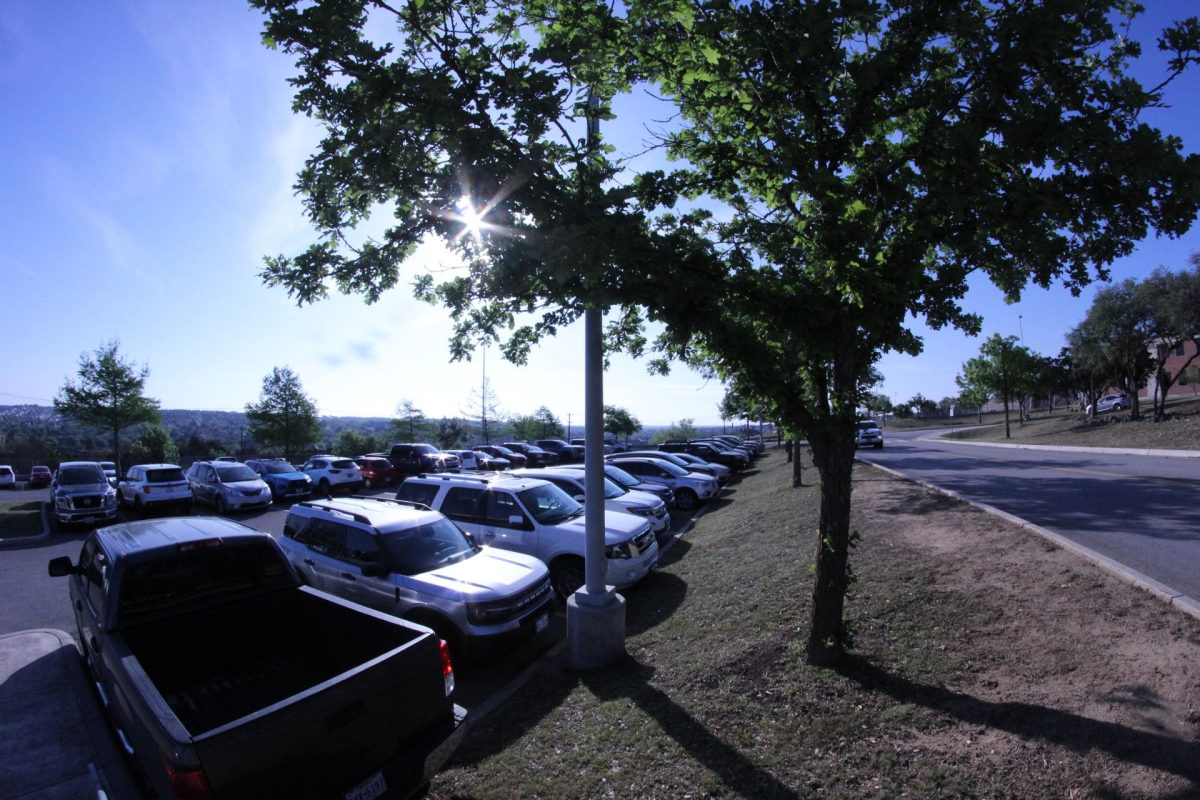by Caitlin Blackmon | staff writer
As the school year progresses, teachers become more and more anxious about students’ lack of participation and willingness to complete their homework. They worry for the students’ future because they need adequate studying habits to succeed past high school and into college.
“We see a lot of students who head off to college and they think just getting into college was the major goal, and it’s really not. As you know, it’s to complete college, and unfortunately there have been many students who do not make it through their first semester,” AVID college prep coordinator Addie Garcia-Dubravec said.
Some students may not know how to study effectively, possibly as a result of not being taught and/or shown the best way(s) to study information. This could pose challenges when it comes to completing tasks or being successful after high school.
“For most students, I think a key component of studying is first to organize your materials. Second, read your materials even if your teacher has not specifically assigned you the textbook; you still need to read the textbook. It’s kind of an unwritten rule that students now have these electronic textbooks and have access to them, but a lot of them rely on either the powerpoints or the powerpoint lecture,” Garcia-Dubravec said. “And that’s simply not going to be enough to study. They’re going to have to assign themselves reading and take notes on those readings.”
If students do not study, or don’t study enough to where they retain the information, this is often reflected in their grades.
“There’s no retention of basic information and application of skills are lacking,” english teacher Mark Cannon said.

College work is much more rigorous than high school work, especially the college environment in independent, where the cushion of teachers providing all the information through powerpoints and handouts is nonexistent. Poor study skills and methods of student in high school will be detrimental to his success in college. If you want to do well, you have to work hard, and do so diligently and effectively, adds Garcia-Dubravec.
“I think in high school you have the benefit of teachers being so transparent and user-friendly with their agenda’s, their lessons, their powerpoints, their handouts, and the notes to the point where when you get to college, a lot of that scaffolding and support is simply not there. You’re expected to already come in knowing how to teach yourself,” Garcia-Dubravec said.
In addition, some students are simply trying to pass their classes, but by doing so may be lacking the ability to receive information and retain it for an extended period of time. If students are unaware of how to learn for the purpose of learning, not simply memorizing, this may create ineffective study habits which could be problematic in the near future.
“I know that there are kids who just want the credit, and I know that there are kids that are actually trying to learn stuff and get the credit and I guess it depends on the person,” Cannon said.
Many problems students face in terms of studying seem to be related to a general lack of organization and/or a lack of appropriate time management skills, according to Garcia-Dubravec.
“Most of our student body here at Johnson High School are involved in multiple items, and often times they’ll focus really hard on one class, but then that will cause them to drop in their other classes. Instead of making a plan to kind of do a little bit each day, often times they wait till the last minute, which adds to that stress and anxiety because they’re not prepared to turn in the materials,” Garcia-Dubravec said.
The only way to truly fix this problem is for the student to make the conscious decision to modify the way in which they complete tasks, which may include changing studying habits. Choosing to take initiative cannot be taught, however, there are several steps that students can take to more effectively ingrain information in their minds.
“I really don’t know that there’s a solution to [fixing poor study skills]. Unless they go back and try to make it more of a practice when they’re younger, so that they don’t get to high school and they’re like, ‘I can’t do this,’” Cannon said.
There are multiple mistakes students make when they study. Most of these mistakes are linked to students not understanding how or what they should be studying.
“I think for a lot of them, they’re not quite sure what to do when they study. Again, it goes back to the reading and the taking of notes, and really realizing that it’s gonna be more than what was specifically assigned to you. There’s formal homework, which is assigned and it’s due and it’s graded, and there’s informal homework. And that informal homework is the nightly studying that has to happen, even if it’s only ten minutes per class per night,” Garcia-Dubravec said.
Sometimes students may think that studying means staring at a textbook for an extensive amount of time. However, mindlessly reading material for an extensive amount of time is not effective or at all diligent; it is simply a waste of time. Students must read material for understanding, and be able to apply what they’ve read to what they know.
“A lot of my students are like, ‘Oh, Mrs. Garcia I’m so tired I was up till two in morning,’ Yes, they were physically up until two in the morning, but their brain went to bed at nine. And so yes, there is such a thing as too much studying. You do reach a point of diminishing returns,” Garcia-Dubravec said.



